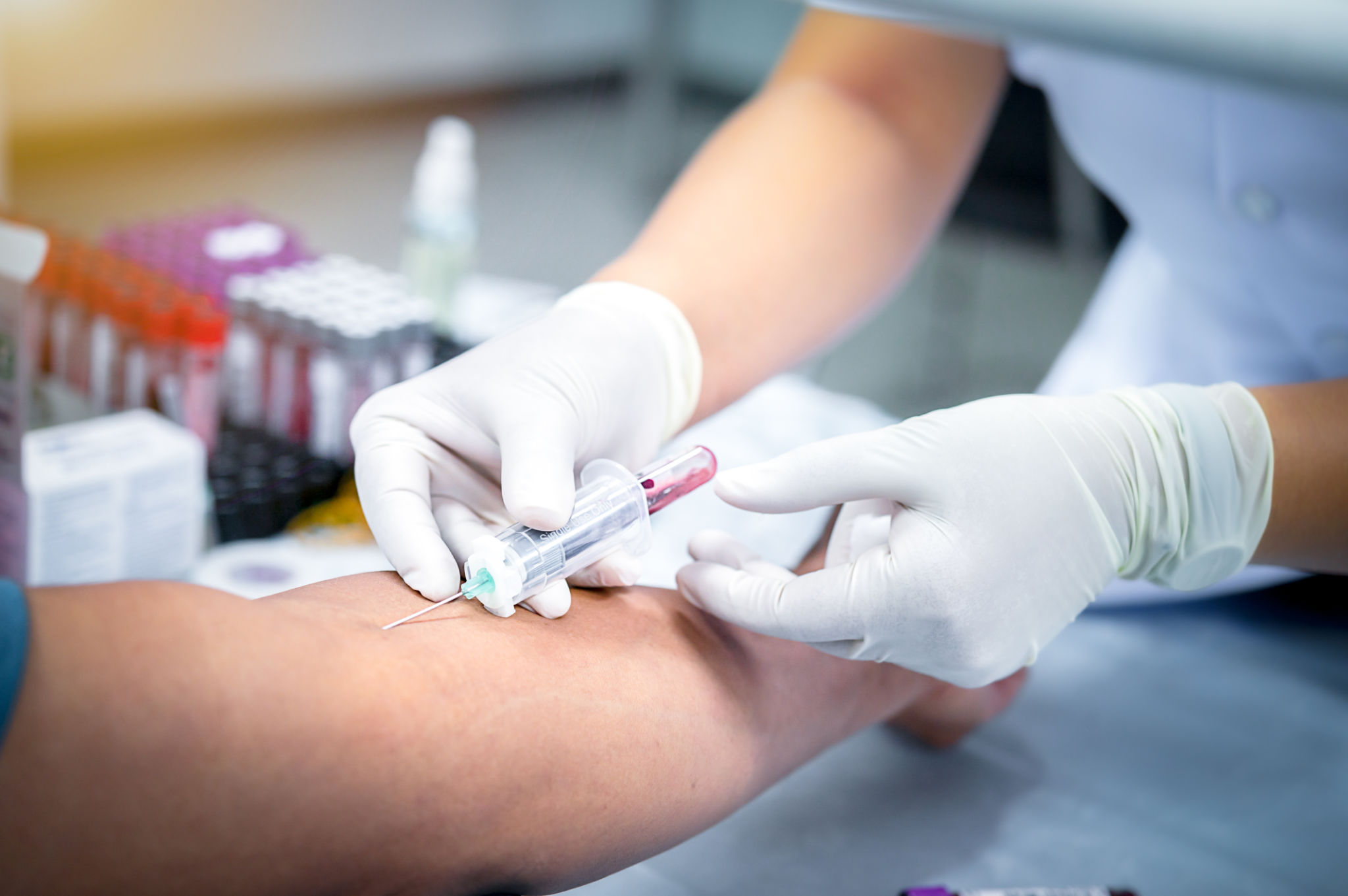Debunking Common Myths About Drug Testing Accuracy
AD
Introduction to Drug Testing Myths
Drug testing is a common practice in many workplaces and institutions, but myths about its accuracy can often lead to misunderstandings. From concerns about false positives to the reliability of different testing methods, it's important to address these misconceptions. In this post, we will debunk some of the most common myths surrounding drug testing accuracy.

Myth 1: Drug Tests Are Always Accurate
One of the most prevalent myths is that drug tests are infallible. While they are highly accurate when conducted properly, no test is 100% foolproof. Factors such as the type of test used, the timing of the test, and the substances being tested for can all impact accuracy. It's important to understand that while drug tests are reliable, they are not without limitations.
Understanding False Positives
False positives can occur, though they are relatively rare. These happen when a test incorrectly indicates the presence of a drug. Factors that can contribute to false positives include cross-reactivity with other substances, improper handling of samples, or errors in the testing process. Confirmatory testing, such as gas chromatography-mass spectrometry (GC-MS), can help eliminate false positives by providing more precise results.

Myth 2: Urine Tests Are the Most Reliable
Urine tests are commonly used due to their cost-effectiveness and ease of administration. However, other methods like hair follicle and blood tests may offer higher accuracy in certain situations. Each type of test has its own strengths and weaknesses, making it essential to choose the right one based on specific needs and circumstances.
Comparing Different Testing Methods
It's important to compare different testing methods to understand their unique advantages. For example:
- Urine tests: Good for detecting recent use but may not capture long-term patterns.
- Hair follicle tests: Can detect drug use over a longer period, often up to 90 days.
- Blood tests: Highly accurate but more invasive and expensive.

Myth 3: Over-the-Counter Medications Can Cause Failures
Another common concern is that over-the-counter (OTC) medications can lead to failed drug tests. While some OTC drugs can interfere with certain tests, modern drug screening processes often include checks to differentiate between legal medications and illicit drugs. Disclosing any medications you are taking prior to a drug test can help prevent misunderstandings.
The Role of Lab Verification
To further ensure accuracy, most drug testing facilities use confirmatory lab verification when an initial test returns a positive result. This step is crucial in differentiating between legitimate medication use and illicit drug use, reducing the likelihood of incorrectly penalizing individuals for taking OTC medications.
Conclusion: Trusting the Process
The accuracy of drug testing largely depends on using the appropriate method for the right context and ensuring proper procedures are followed. By debunking these common myths, individuals and employers can have greater confidence in the drug testing process while understanding its limitations. Proper education and communication can help alleviate concerns and foster a more informed approach to drug testing.
